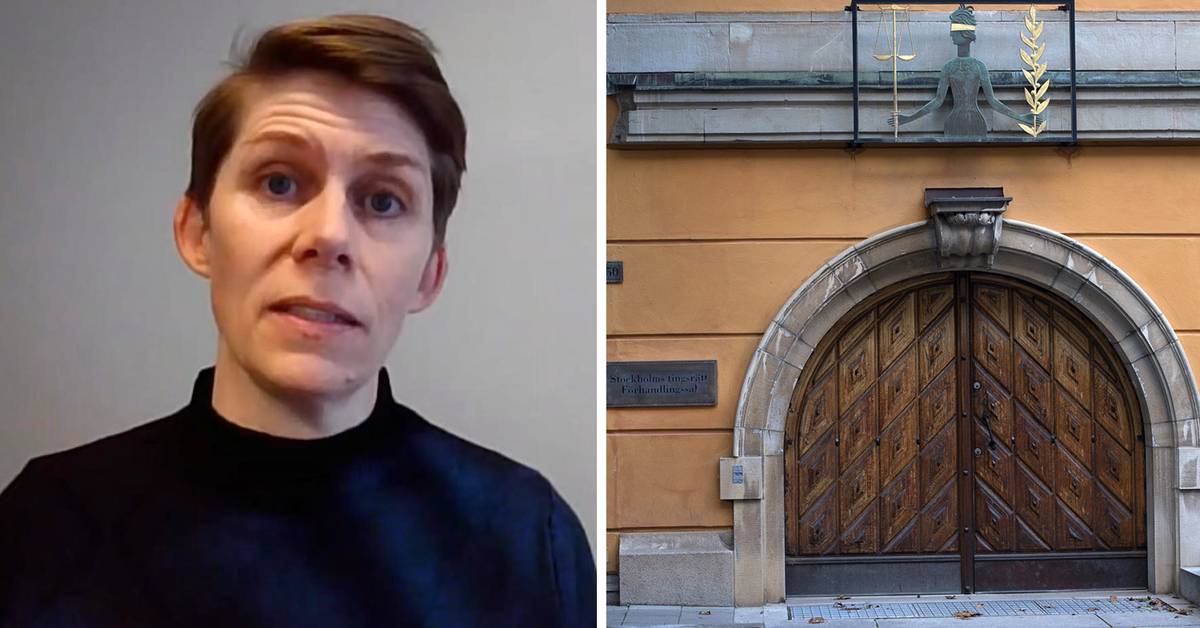"If we were to get an appeals court ruling that goes in the same direction, it would be extremely problematic for journalists' ability to conduct investigative journalism. In the long run, it is about press freedom in Sweden, says Ulrika Hyllert, chairman of the Journalists' Association.
The Swedish state is sentenced to pay SEK 100,000 in damages to the woman as the district court considers that recordings using a hidden camera and the use of false identities constitute an interference with the participating woman's private life and violate the European Convention on Human Rights.
"You question journalistic working methods in a way that we see is problematic. There is also a risk that our ethical system with both publicity rules and professional rules instead becomes law and legislation, and that is problematic if you are to have a wide freedom of expression, says Hyllert.
Has not been tested by the Board of Professional Ethics
According to the district court, the self-regulating media ethics system has not been sufficient to protect the woman's privacy and the ruling states that there is no mechanism in Sweden where the woman can be tested whether the journalists' right to freedom of expression outweighs hers.
Ulrika Hyllert does not agree that the media ethics system is inadequate.
"There are great opportunities for the individual to get redress. It's well-functioning and it's also easy to get your case tried," she says.
The "vaccine warriors" have been acquitted in the Review Board and the case has not been tried by the Professional Ethics Board of the Journalists' Union (YEN), the body that reviews the working methods of individual journalists.
However, since the woman herself did not report or consent to the complaint, the Review Board could not examine whether the documentary was an invasion of her privacy.

